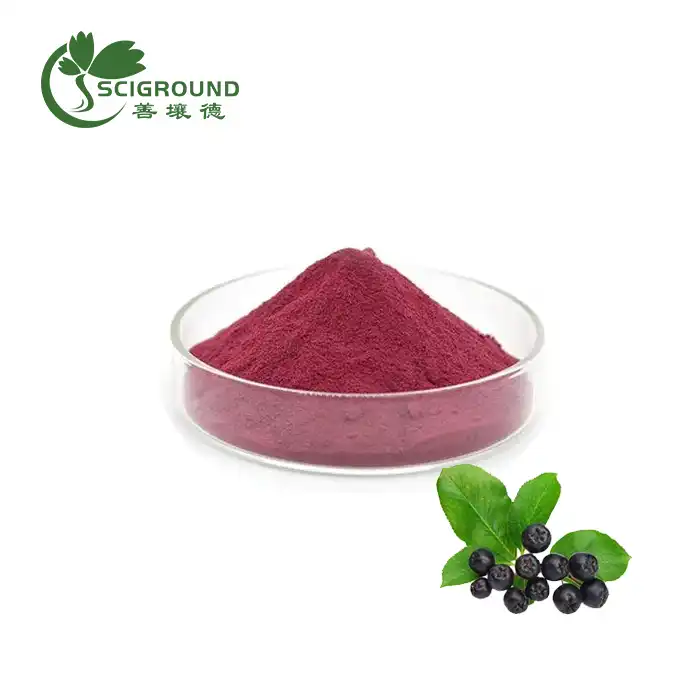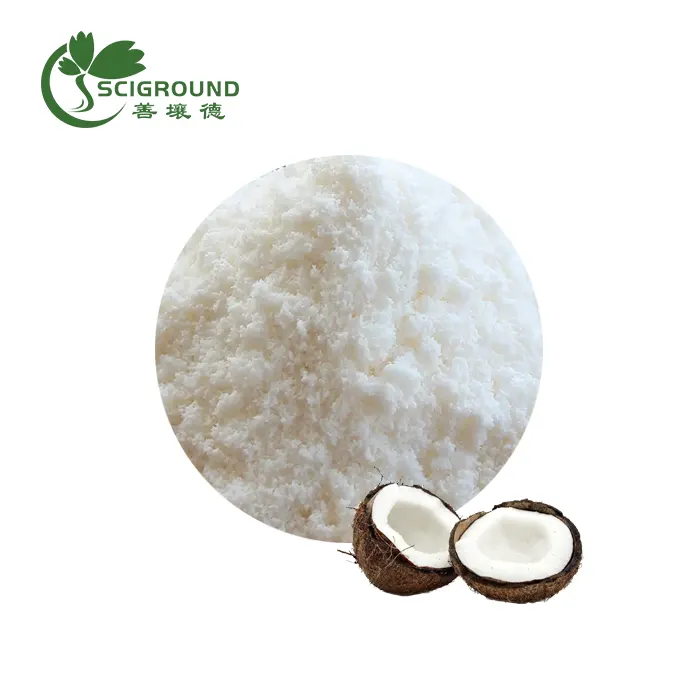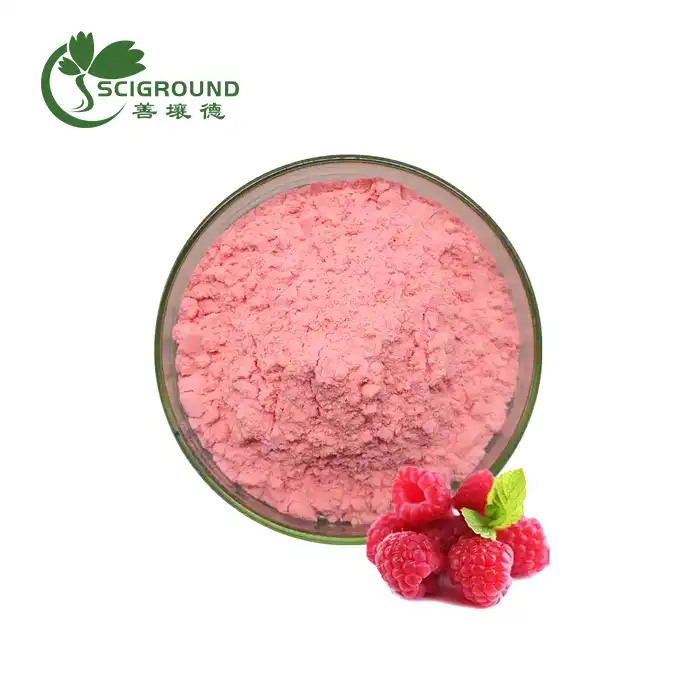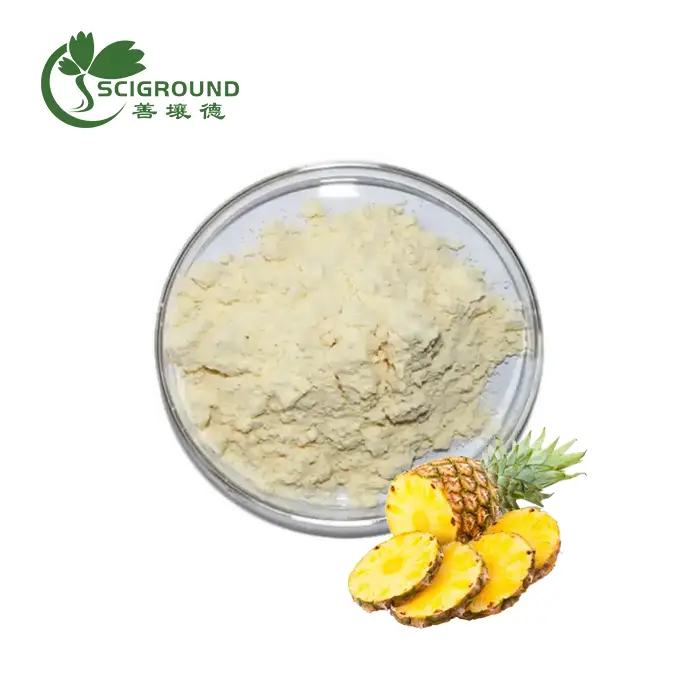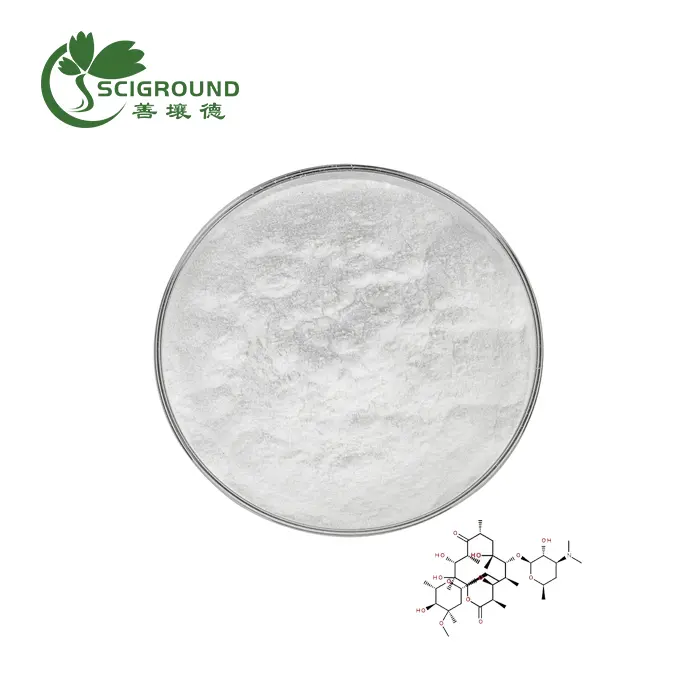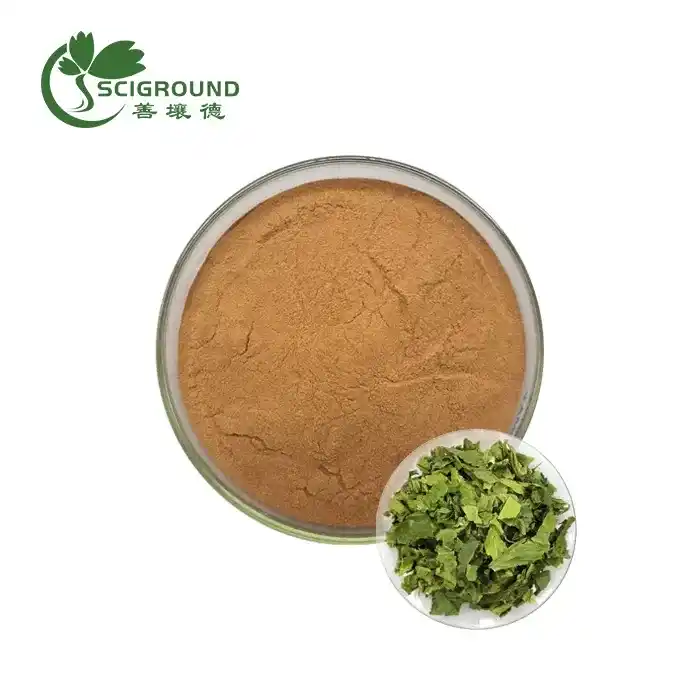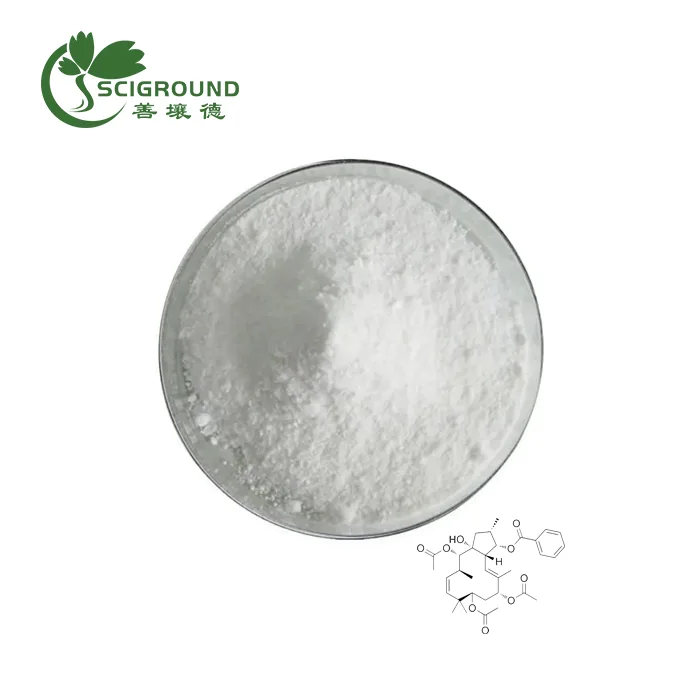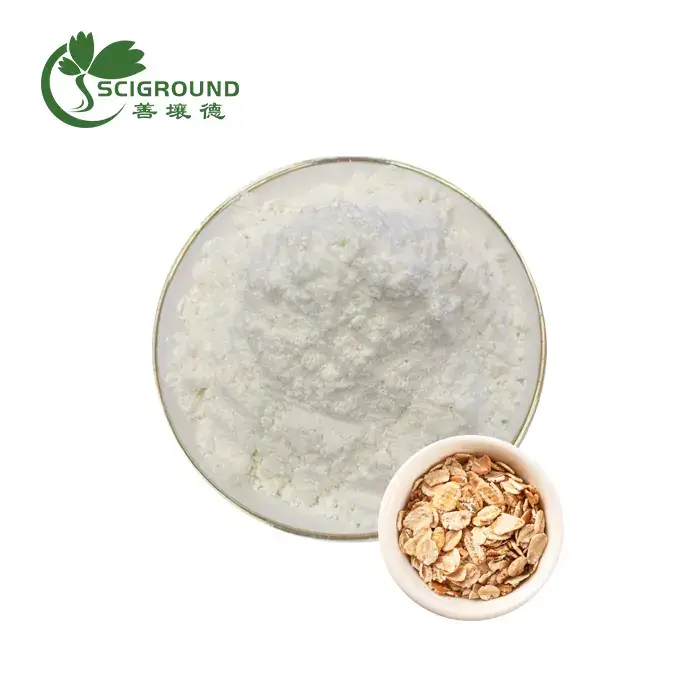How to Take Fisetin?
When it comes to getting the antioxidant compound fisetin into your diet, you have two main options - eating fisetin-rich foods or taking a fisetin supplement. Both provide pros and cons. If you want to add more fisetin to your diet through whole foods, some of the best sources are strawberries, apples, mangoes, grapes, and onions. These fruits and veggies contain decent amounts of fisetin naturally.
Most Fisetin supplements range from 100-500 mg a day. In clinical trials, the equivalent human daily doses of 100-1400 mg of Fisetin were used. Fisetin is fat-soluble and must be taken with a healthy fat like unrefined coconut oil to ensure absorption.
Simply incorporating more of them into your meals and snacks can increase your fisetin intake. However, even the richest food sources only provide a relatively small amount compared to a concentrated fisetin supplement. You'd have to eat very large quantities daily to reach suggested therapeutic fisetin doses. Supplements offer a more practical way to significantly boost your fisetin intake.
In capsules or tablets, fisetin powder is extracted from plant sources and concentrated into a small dose that can provide the equivalent of hundreds of servings of produce. Just one supplement a day may contain far more fisetin than you could realistically consume through diet alone. So in summary, a fisetin supplement guarantees a substantial amount of fisetin in an easy format, while foods offer a lower but steady daily amount as part of a balanced diet. Combining both dietary sources and supplementation may provide the ideal fisetin regimen for most people.

Body absorption of fisetin
How well your body can utilize and absorb ingested fisetin extract also matters when considering the best intake method. The bioavailability of fisetin on its own seems to be relatively low, with only around 5% absorbed according to one animal study. However, pairing fisetin with certain compounds appears to significantly increase its bioavailability and absorption into the bloodstream after oral ingestion.
Taking fisetin powder along with piperine, a compound found in black pepper, was found to increase bioavailability by around 60% in mice. The antioxidant flavonoid quercetin also seems to improve fisetin absorption when the two are consumed together. So combining fisetin with absorption enhancers like piperine or other flavonoids may help boost its bioavailability from both food sources and supplements. More human trials are still needed to confirm the optimal pairings and ratios to maximize fisetin uptake in people.
Best sources of fisetin
If you do wish to consume more fisetin through whole foods, some of the best dietary sources identified so far include: Strawberries Apples Mangos Persimmons Onions Grapes Peaches Other foods like tomatoes, cucumbers, nuts such as pecans and chestnuts, kiwi, and certain herbs also provide small amounts of fisetin.
But levels are far higher in fruits like strawberries and apples, which can contain up to 160-500 micrograms in just 100 grams fresh weight. Keep in mind cooking and processing may reduce fisetin content in foods. So incorporating more raw fruits and veggies into your diet offers the optimal source of natural fisetin.
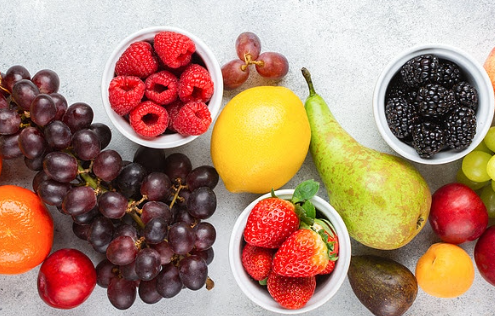
How much fisetin should I take?
When it comes to fisetin supplements, what dosage should you look for? Unfortunately there is no standardized dosing recommendation at this time since human trials are still limited. Studies in mice have used doses ranging from 10-25 mg per kg of body weight. To put this in human context, this would equate to: 150 lb person: 340 - 850 mg per day 200 lb person: 455 - 1135 mg per day.
However, until more robust human evidence is available, suggested supplemental doses are much lower at around 25-100 mg taken once or twice daily. As a new supplement, it seems prudent to start at the lower end of this range, around 25-50 mg per day, and slowly increase your dosage while carefully monitoring effects and tolerance.
Fisetin recommended dosage
Based on the early research available so far, general fisetin supplemental dosage suggestions include: For general health: 25-100 mg per day For cognitive support: 100-300 mg per day For anti-aging effects: 250-500 mg per day Of course, human trials are still limited and optimal dosing isn't proven. It's wise to discuss your specific dosage with your healthcare provider, start low, split doses, and gradually increase over time while monitoring any reactions.
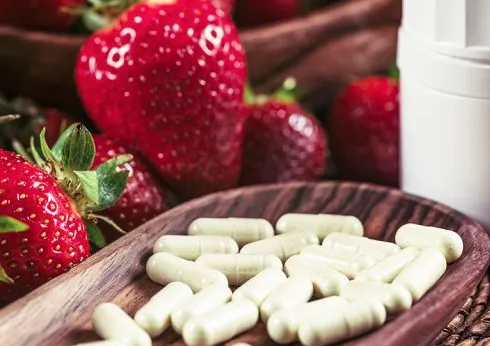
Should I take fisetin with food?
Research indicates it's best to take fisetin supplements with food rather than on an empty stomach. Consuming fisetin with a meal seems to significantly increase its bioavailability and absorption compared to taking it while fasting. One study found taking fisetin with a high fat meal increased blood levels nearly 4 times higher than in fasted conditions. Dietary fats likely help improve fisetin's solubility and uptake in the gut. So yes, ingesting fisetin capsules or tablets alongside food, ideally with some dietary fats, appears optimal for increasing its absorption into the bloodstream.
Is fisetin safe to take?
At supplemental doses of 100-500 mg per day, pure fisetin is generally considered safe and well tolerated in healthy adults. However, there are some potential side effects to be aware of, including diarrhea, nausea, upset stomach, dizziness, and headaches.
Fisetin may also interact with certain medications, particularly blood thinners. High doses could increase the risk of bleeding or bruising due to fisetin's blood thinning effects. Those with existing clotting disorders should use caution with fisetin and consult their physician. As with any supplement, it's wise to start slow, watch for any worrisome reactions, and discuss fisetin use with your healthcare provider if you take any medications or have underlying health conditions.
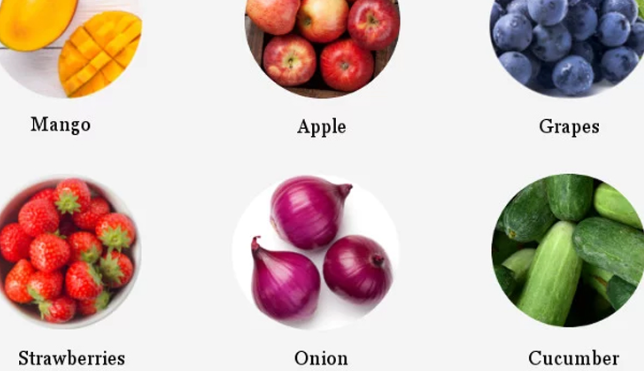
Should I take fisetin with or without food?
The research is quite clear that you should take fisetin supplements alongside food rather than on an empty stomach. Consuming fisetin with a meal containing dietary fats, carbs, and proteins significantly enhances the amount of fisetin that gets absorbed and utilized by the body. Without food, its bioavailability is poor.
Should I take fisetin on an empty stomach?
No, it is not recommended to take fisetin on an empty stomach, as its absorption seems to be markedly reduced under fasted conditions. For optimal bioavailability and effectiveness, always ingest fisetin capsules or tablets with a meal containing healthy fats and other nutrients.
What is the best time to take fisetin?
There isn't a clearly established optimal time of day to take fisetin bulk powder yet. You can take fisetin supplements at any time as long as it's accompanied by food. Some people prefer taking it earlier in the day, as it may potentially boost energy and focus. But be cautious taking it later at night since its impacts on sleep patterns aren't well studied yet.
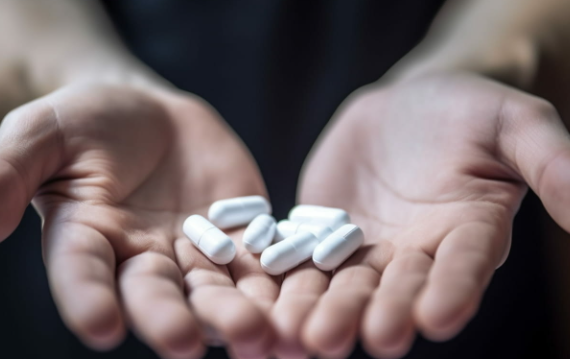
Is it OK to take fisetin every day?
There aren't any completed studies investigating the safety of taking fisetin supplements daily for extended periods. Until more is known about its long-term impacts, it may be wise to cycle your fisetin intake - such as taking it daily for a number of weeks followed by a break. You can also consider alternating months of fisetin supplementation with months off. More research is still needed before daily uninterrupted use can be considered risk-free.
Risks and side effects of fisetin
When taken appropriately, fisetin poses very few risks for otherwise healthy adults. But potential side effects can include: Diarrhea, bloating Nausea Headache Itching or rash Low blood sugar Dizziness Drug interactions Introduce fisetin gradually and avoid exceeding recommended dosages on the label. Discontinue use if any concerning reactions develop and consult your physician regarding any worrisome side effects. As with any new supplement, discuss fisetin use with a knowledgeable healthcare provider.
References
[1] Touil YS, Auzeil N, Boulinguez F, Saighi H, Regazzetti A, Scherman D. Fisetin disposition and metabolism in mice: Identification of geraldol as an active metabolite. Biochemical and biophysical research communications. 2011 Oct 21;414(3):500-4.
[2] Currais A. Fisetin Reduces the Impact of Aging on Behavior and Physiology in the Rapidly Aging SAMP8 Mouse. Journals of Gerontology Series A: Biomedical Sciences and Medical Sciences. 2018 May 17;73(3):299-307.
[3] Maher P. Neurotrophic effects of flavonoids: therapeutic implications for Alzheimer's and Parkinson's diseases. Natural product communications. 2019 May;14(5):1-18.
[4] Pal HC, Pearlman RL, Afaq F. Fisetin and Its Role in Chronic Diseases. Advances in Experimental Medicine and Biology. 2016;928:213-44.
[5] Maher P, Dargusch R, Bodai L, Gerard PE, Purcell JM, Marsh JL. ERK activation by the polyphenols fisetin and resveratrol provides neuroprotection in multiple models of Huntington's disease. Human molecular genetics. 2011 Jan 11;20(2):261-70.
About Author

Celine Xu is a botanist with over 15 years of experience researching and developing plant extracts for nutritional and pharmaceutical applications. She leads an R&D team focused on identification, cultivation and extraction of medicinal plants. Celine Xu earned a Ph.D. in Plant Biology has authored numerous articles in peer-reviewed journals about the health benefits of specific phytochemicals. She frequently speaks at industry conferences about new developments in plant extract research. Celine Xu is dedicated to advancing the scientific understanding of how targeted plant compounds can be used to improve human health.
Related Industry Knowledge
- What is the benefit of agaricus blazei extract?
- What are the Benefits of a Milk Thistle Powder?
- How it works with ambroxol hydrochloride
- What Foods Have Vitamin B5
- Is bulk creatine monohydrate good?
- Is Stephania Safe
- Vitamin B1 vs B12
- When is the best time to take l carnitine
- Can Astragalus Extract Powder Boost Your Immune System?
- Does bcaa have caffeine?
